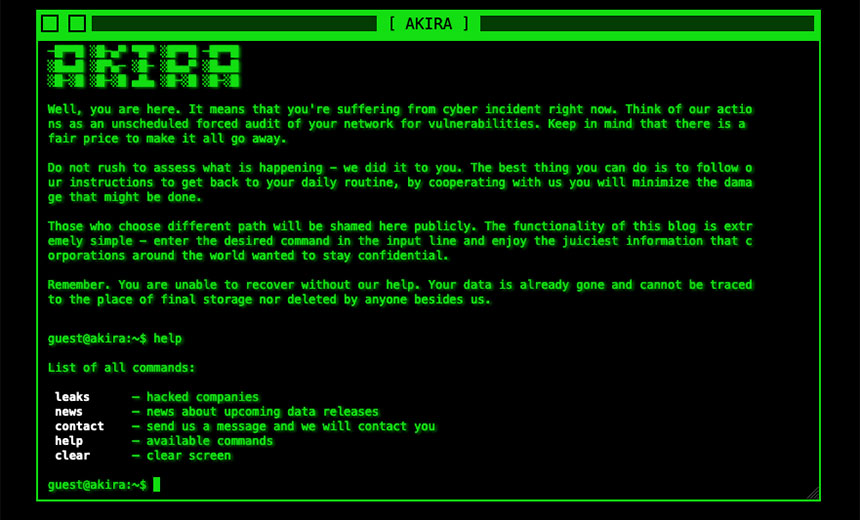Federal authorities are warning the health sector about threats posed by Akira, a RaaS group that surfaced about six months ago and has been linked to several dozen attacks on predominately small and midsized entities across many industries.
The notorious spyware was reportedly installed on the iPhone of Galina Timchenko, owner of the Russian independent media outlet Meduza, while she was in Berlin for a private conference with other Russian independent journalists living in exile.
A new malvertising campaign has surfaced, targeting corporate users downloading popular web conferencing software Cisco Webex with BatLoader. Webex itself has not been compromised; rather, threat actors are exploiting brand impersonation to distribute the malware. The malicious ad impersonating it is displayed on top of Google search results. When victims click on the ad, they […]
Threat actors are using EV code signing certificates to distribute both information-stealing malware and ransomware, indicating a streamlining of operations and the need for stronger security measures.
Members of the command’s Cyber National Mission Force (CNMF) worked for months alongside experts from Lithuania’s Information Technology and Communications Department, which is part of the country’s Ministry of the Interior.
Three reported purchases of vulnerability exploits on the dark web during the first half of the year included high-profile, actively exploited CVEs, according to research by Flashpoint.
A new MetaStealer malware has surfaced in the wild, targeting macOS business users. Written in Golang, the malware is distributed via social engineering tactics, where attackers pose as fake design clients and lure victims into executing malicious payloads. Apple’s XProtect update v2170 contains a detection signature for some versions of MetaStealer, for others, IOCs are […]
Stopping the ransomware epidemic is less about tackling individual crypto-locking malware variants and more about combating the entire ecosystem of bad actors underpinning digital extortion, the British government said Monday.
Attackers appear to have deployed bots to break into customer accounts at several large automakers, then harvested important information about thousands of individual vehicles and offered it for sale in private Telegram channels, researchers said.
The real estate fraud prevention startup CertifID has raised $20 million in a funding round led by Arthur Ventures, bringing its valuation to over double its previous value.









